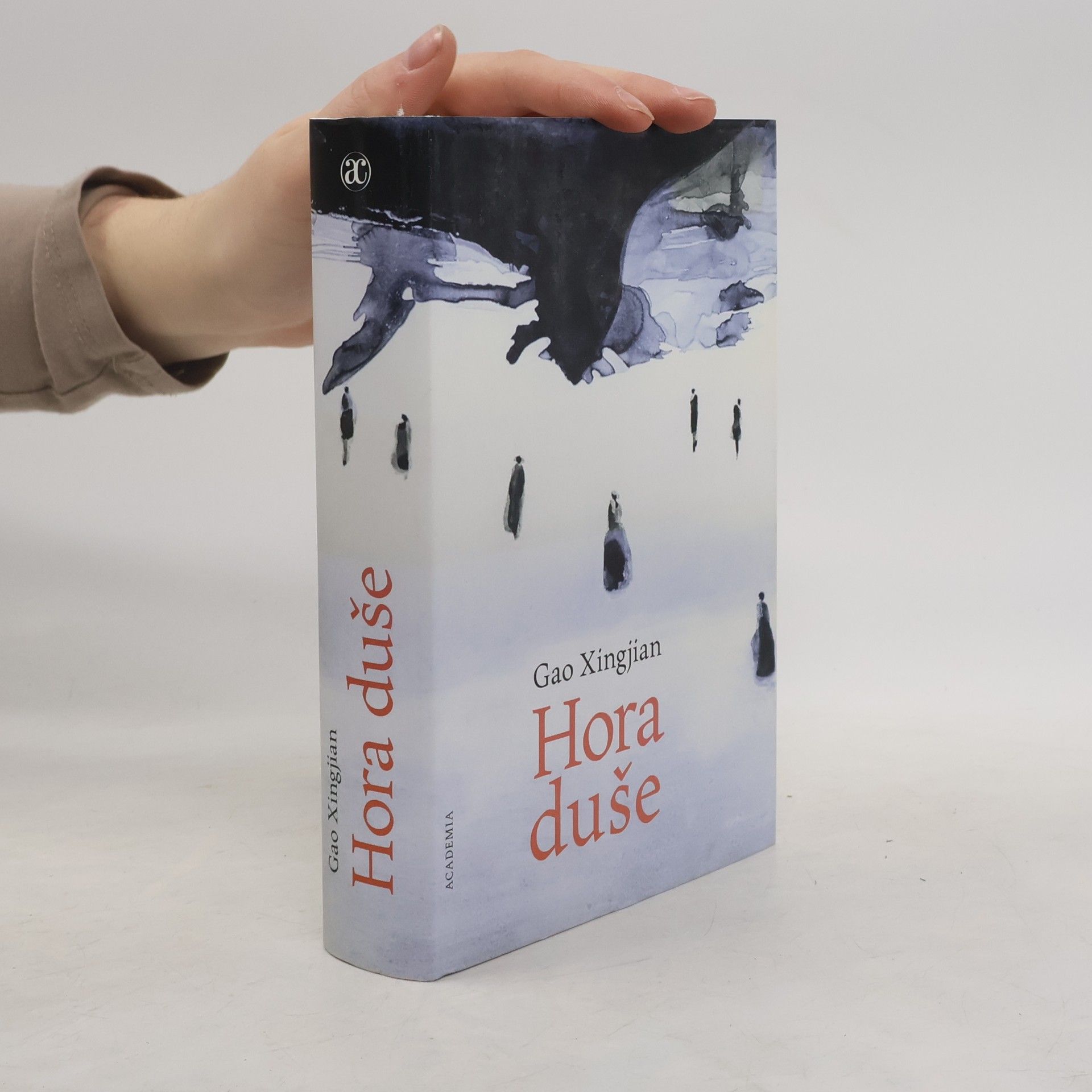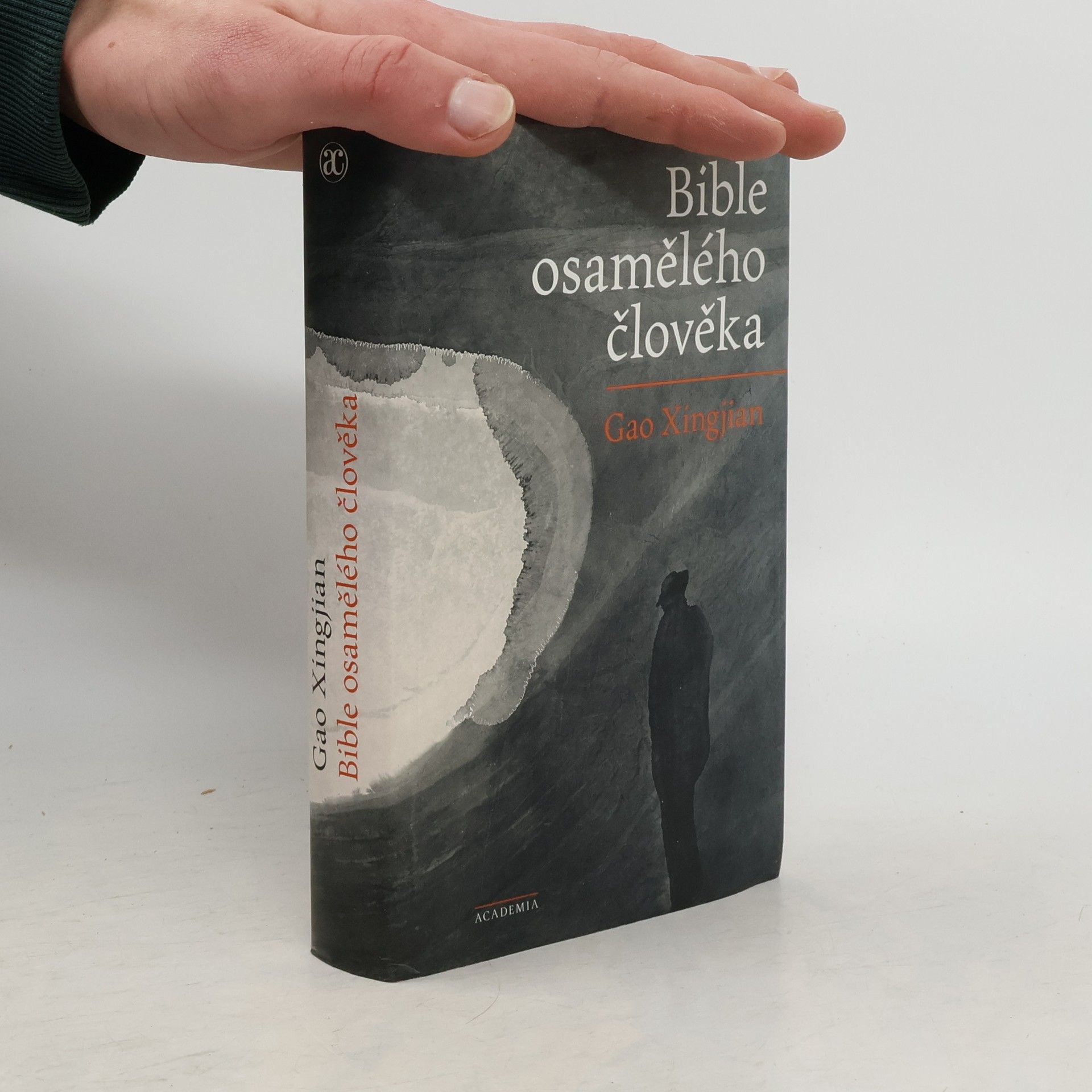Druhý román slavného čínského spisovatele, dramatika a malíře, nositele Nobelovy ceny za literaturu, Gao Xingjiana, začíná na jaře roku 1997, kdy se stárnoucí dramatik vydává do Hongkongu na premiéru své divadelní hry. Blízkost pevninské Číny a termínu návratu této britské kolonie do jejího čínského lůna v něm po letech exilu vyvolává vlnu vzpomínek. Jejich dravost mu připomíná hrůzu nesmyslného násilí, kulturu strachu, před kterou uprchl, aby mohl klidně tvořit a žít. Autor vede svého čtenáře pevnou rukou mezi pohyblivými písky vzpomínek a povinného zapomínání zpět k sladkému, tak krátkému dětství, probouzení se světu, osudovým setkáním s ženami, které mu zas a znovu berou dech, i uvržení do víru nenasytné revoluce zvané kulturní, kterou neukojí ani krev obětí. Tentokrát ale před zásadními otázkami není úniku. Autor Hory duše znovu rozvíjí poutavou síť příběhu, jehož jádrem je dialog sám se sebou. Kdo je však ty a kdo on? Gao Xingjian dobře ví, kolik postav se dělí o jedinou totožnost, živoří v ní, jásá, šílí, odmítá, utíká, uvažuje, promlouvá, váhá i rozhoduje... Jednoznačnou odpověď tedy nemá.
Mabel Lee Knihy



Kniha čínského autora (v české přepisu čínštiny Kao Sing-ťien, nar. 1940) z 80. let 20. století, nyní žijícího ve Francii, byla v roce 2000 vyznamenána Nobelovou cenou za literaturu a stala se světovým bestsellerem. Román, vycházející nejen z nejlepších tradic čínské literatury a vzdělanecké kultury, ale též ze specifické recepce moderní evropské literatury, rozvíjí složitě komponovaný příběh hledání cesty vlastním životem. Ve dvou základních, stále se ovšem prolínajících vyprávěcích rovinách sledujeme jednak iniciační cestu mladého intelektuála po odlehlém čínském venkově, lesích a horách především jihozápadní Číny, kde se v době postupných dílčích reforem po smrti Mao Zedonga setkává s pozůstatky původní, nezkažené, "ne-konfuciánské" čínské tradice. Druhou rovinou je až jakési archetypální pásmo dialogu mezi ty a ona, mezi mužem a ženou, odhalující bolest vycházející z jejich věčného potýkání. Nové vydání s unikátními autorovými fotografiemi popisovaných míst.
Buying a Fishing Rod for My Grandfather
- 180 stránek
- 7 hodin čtení
Paperback. Pub Date :2010-05-21 192 English Harper Perennial From Chinas first-ever winner of the Nobel Prize for Literature comes an exquisite new book of fictions. none of which has ever been published before in English . A young couple on honeymoon visit a beautiful temple up in the mountains. and spend the day intoxicated by the tranquillity of the setting; a swimmer is paralysed by a sudden cramp and finds himself stranded far out to sea on a cold autumn day; a man reminisces about his beloved grandfather. who used to make his own fishing rods from lengths of crooked bamboo straightened over a fire ... Blending the crisp immediacy of the present moment with the soft afterglow of memory and nostalgia. these stories hum with simplicity and wisdom - and will delight anyone who loved Gaos bestselling novels. Soul Mountain and One Mans Bible.